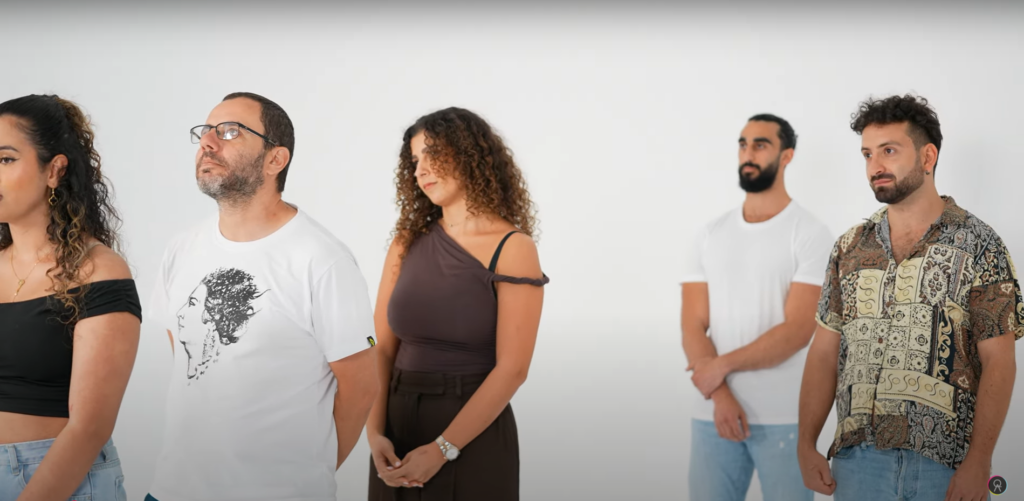
The Power of Storytelling in Diverse Communities
In today’s digital age, conversations about identity and culture are more important than ever. With over 420 million Arabs spread across 22 countries, the Arab world is one of the most diverse cultural landscapes globally. Yet, mainstream media often paints it with a single brush, overlooking the nuances that define each individual’s experience.
At Quasar Central, we believe in amplifying voices that challenge stereotypes and foster real discussions. Our “Do All Arabs Think the Same?” episodes bring together Arabs from different backgrounds to explore their perspectives on identity, tradition, religion, and modernity. These raw, unfiltered discussions shed light on the complexities of being Arab in today’s world.
Breaking Stereotypes: The Reality of Arab Identity
When people hear “Arab,” a single image often comes to mind—perhaps a Middle Eastern desert scene or a man in a traditional keffiyeh. However, the Arab identity is far more diverse than that. In our “Do All Arabs Think the Same?” series, we’ve seen firsthand how nationality, religion, language, and upbringing shape perspectives in vastly different ways.
1. The Language Divide: Fusha vs. Dialects
Arabic is spoken in dozens of dialects, making mutual understanding difficult at times. Some participants express frustration that Modern Standard Arabic (Fusha) is often seen as the “real” Arabic, while dialects like Moroccan Darija or Egyptian Arabic are sometimes viewed as “lesser” forms of the language. This debate often sparks passionate responses, showcasing how language is deeply tied to cultural pride.
2. Faith and Secularism: A Personal Journey
Islam is a significant part of Arab culture, but religious observance varies widely. Some participants proudly embrace Islam, while others identify as secular or even non-religious. These conversations reveal how religion is a deeply personal experience, shaped by family, society, and personal beliefs.
3. Gender Roles: Tradition vs. Modernity
What does it mean to be a modern Arab woman or man? Many of our female guests discuss expectations around marriage, career, and independence, while male participants reflect on the pressure to uphold traditional masculinity. This aligns with broader conversations seen on platforms like Jubilee YouTube and other social discussion channels, where gender roles spark engaging debates.
4. Arab vs. Non-Arab Identities: Who Belongs?
A frequently debated topic is who is considered “Arab.” Are Berbers (Amazigh) Arab? Are Sudanese Arabs perceived the same way as Lebanese Arabs? These discussions reveal how identity is fluid and often politically charged.
Why These Conversations Matter
Mainstream media often fails to capture the depth and diversity of Arab experiences. Through Quasar Central’s thought-provoking discussions, we create a platform where real people can share their truths—without a scripted agenda. These conversations help challenge misconceptions, encourage cross-cultural understanding, and allow individuals to tell their own stories.
Watch the Full Episodes on Quasar Central
If you’re curious about the richness of Arab identity, don’t miss our “Do All Arabs Think the Same?” episodes on Quasar Central’s YouTube Channel. Join the conversation, challenge your perspectives, and explore the beauty of cultural diversity with us!
Interested in participating in future episodes? Keep an eye out for our open casting calls in Australia and other regions!
Have thoughts on these topics? Let us know in the comments!
